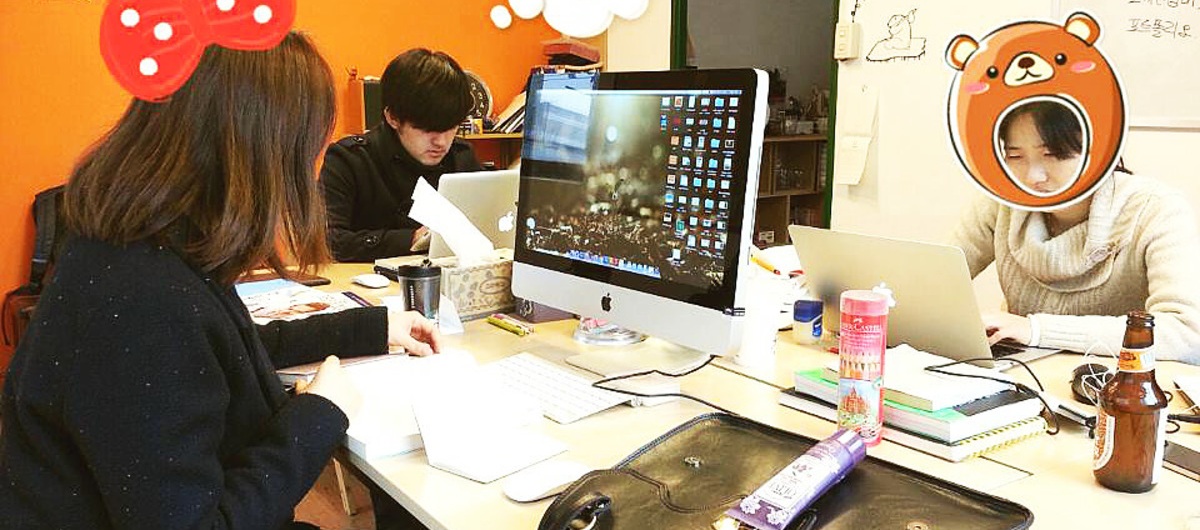Positive reinforcement by the Seoul Government
In fact, just late last year, one of Seoul’s government policies is to make Seoul a sharing city. Sharing economy models that emerged and grew active in San Francisco have been appearing in Seoul one after another. A new service has also been started under “Co-up”, the name of Seoul's 1st coworking space, which enables sharing office space.
According to their policy, Seoul has conditions that are advantageous to the development of a sharing economy with its highly dense population and highly developed IT and Internet services, particularly as the world’s second highest supply rate of broadband internet and smart phones.
“Korea's major competency and leading industry is IT business, based on smart phones and mobile networks. Thus, the more people "smart work", the better it helps the infrastructure and the relevant industry. I think it will potentially increase more people practising coworking through changing the way we work, motivating us to work outside home or office", said Park.
Coworking without community
Yet, despite the abundance of physical spaces and government initiatives to promote entrepreneurship and smart working, what Seoul really lacks is the collaborative community within the space, which is one of the most essential ingredients in coworking. According to what Park observed, many physical spaces mainly focus on driving the best performance for a single entity or a separate sector, and that does not result in creating something totally new through collaboration. Therefore, some of these coworking spaces have a weak culture and lack the true sense of community, according to Park.
Therefore, he and others have been launching new coworking spaces like Hub Seoul as part of the global Hub network, and the concept is going viral via SNS (Social Networking Service) among people. More and more Koreans know about coworking now in the sense of building community. “Coworking can be known to the Korean public generally as ‘Social Enterprise’. Five or six years ago, the public did not know the term ‘Social Enterprise’ but now they do. Now, each coworking space is building community and they are open to collaboration, even though it is hard to build community” said Hwang.
Optimism towards coworking in Seoul
Despite all the difficulties, Hwang still thinks that Seoul is an attractive city for coworking as it is very active and is filled with many people of varied backgrounds. It can also be a gateway into the Asian market. “Recently many foreigners from Europe, Asia and America visit here for business or travel. There are many resources for business or project work that is concentrated in Seoul,” said Hwang. He is positive that the coworking volume will increase and be more well-known in one to three years and after four to five years, some coworking spaces with better insights into coworking can survive.
“Sometimes Koreans follow the global market trend rapidly. Some companies want to support entrepreneurs in order to find new business opportunities. That will increase the size of market sharing economy. Even though it is not a fast speed development, the working lifestyle of Koreans is certainly changing”, said Hwang. And this change definitely tips more towards positive.“ Coworking can lead to new types of communication and collaboration among people who work together. If you get out of the traditional office and work in a new place with a bunch of strangers, there will be new challenges. And these are good ones I think," said Park.







